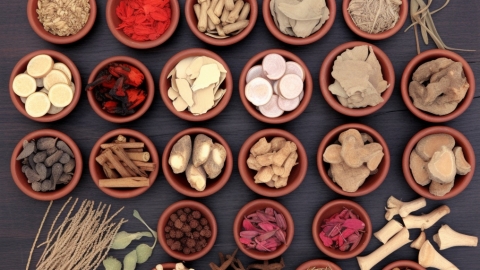How effective is traditional Chinese medicine in treating ulcerative colitis?
Traditional Chinese medicine (TCM) has certain therapeutic effects on ulcerative colitis, but it is mostly used as part of a comprehensive treatment approach and cannot fully replace standard Western medical treatments. If symptoms persistently worsen or rectal bleeding increases, prompt medical attention is recommended.

TCM applies pattern differentiation and individualized treatment based on specific syndromes such as damp-heat, spleen deficiency, or blood stasis. For example, herbs that clear heat and resolve dampness can alleviate intestinal inflammation, while those that strengthen the spleen and boost qi may enhance intestinal barrier function. TCM also helps regulate the body's overall condition, reduce side effects of Western medications such as corticosteroids and immunosuppressants, and improve patients' long-term quality of life.
However, it should be noted that TCM generally takes longer to show effects and is not suitable for acute flare-ups of ulcerative colitis (such as high fever or severe abdominal pain), during which Western medical interventions should first be used to control the emergency. Moreover, TCM must be administered under the guidance of qualified practitioners; self-medication with unverified remedies should be avoided. Regular colonoscopies are necessary to evaluate mucosal healing and adjust treatment strategies accordingly.
In daily life, patients should maintain a light and easily digestible diet, avoid raw, cold, spicy, or greasy foods, eat meals regularly to reduce intestinal burden, maintain emotional stability to prevent anxiety, and engage in moderate walking to promote intestinal motility, all of which support disease recovery and stability.






